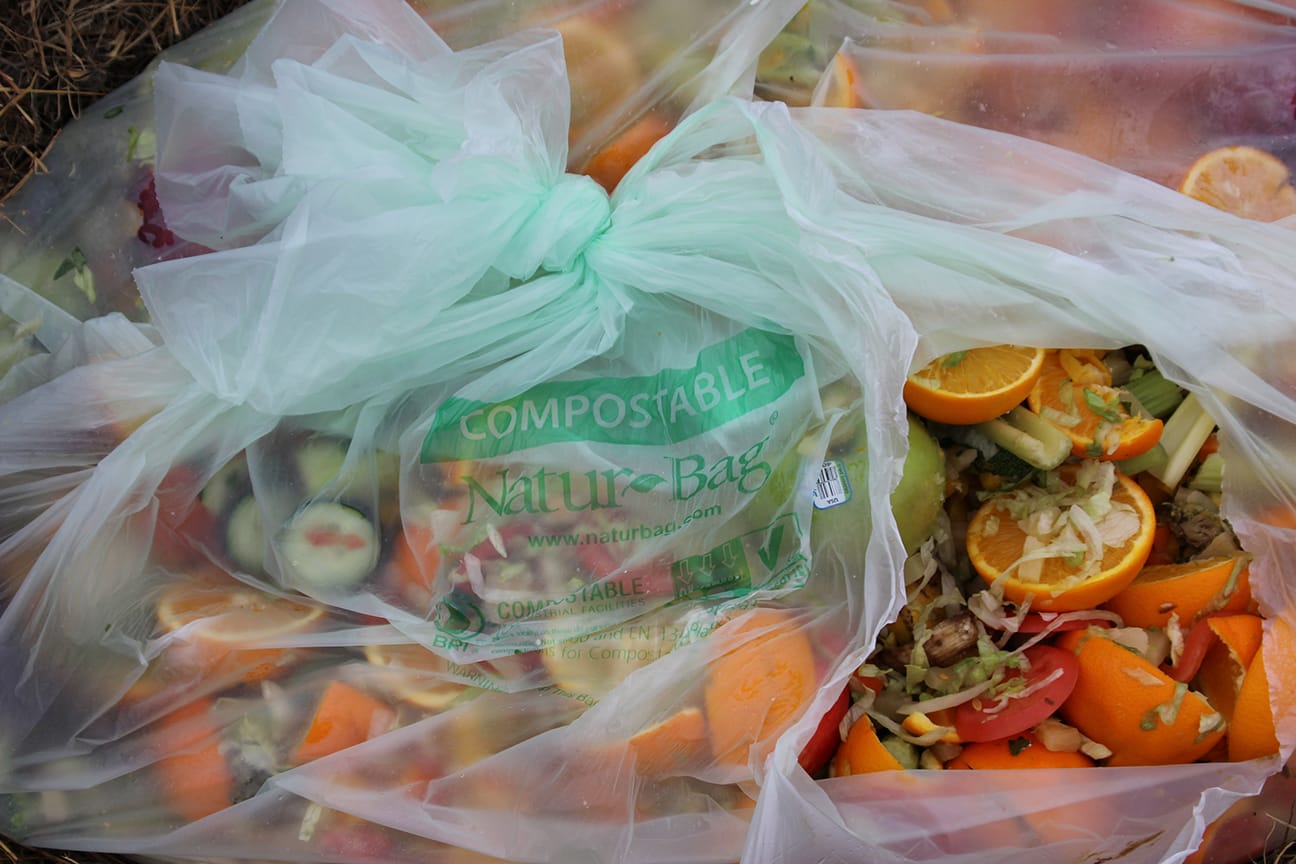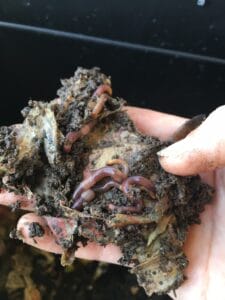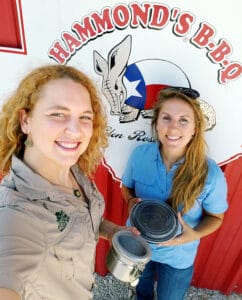Fossil Rim is having an Earth Day Celebration daily through Monday, April 22! If you are visiting during this time, be sure to stop by the Children’s Animal Center to learn why animals become extinct or endangered and what you can do to help! The blogs posted this week all relate to the acronym HIPPO – Habitat loss, Invasive species, Pollution, Poaching, and Overconsumption – which are the major threats to biodiversity.
Now that you have had the opportunity to read all about what “HIPP” in H-I-P-P-O is about, let’s discuss the last threat to biodiversity – and possibly the easiest for each of us to take action against – Overconsumption.

Overconsumption is a very wide topic that can have an impact in every industry, every career, every household, and on every person on a global scale. A daily overconsumption problem that an average person experiences revolves around food.
One-third of food produced for humans is lost or wasted globally each year. This information comes from the Food and Agriculture Organization of the United Nations, which is working to reduce food waste and loss to help feed more hungry people.
Food loss is food that never makes it to the market, and this could be from poor packaging or preharvest problems. Food waste is food that made it to market, but later gets wasted.
It could be tossed to the side because it doesn’t fit the social expectation of what it should look like. Maybe it is food that expires before being eaten, or the food left on our plates that we just don’t finish and throw away.
When we think about food, we may just think about the plant or the animal that was impacted, but there is a lot more at play.
Let’s look at a few of those other resources we may be overconsuming. Then, I will give you a few pointers on how to make a big difference by undertaking some small changes this Earth Day!
Water: growing crops and raising animals are very water-heavy industries; depending on the state, approximately 80-90 percent of water used in the United States is for agriculture.
Land: worldwide, there are approximately 1.4 billion hectares of land; among all the world’s land used to grow food, one-third of that land produces food that is later wasted. As of 2007, over 50 percent of the land in America was used for agriculture for both crops and grazing, and a big portion of that went to produce plants or animals that no one will eat.

Oil: consider the oil it takes to produce the plastic packaging on our food; the gas it takes to transport our food across the state, country, or world; the energy consumed to keep our food refrigerated or frozen.
Methane: when food waste breaks down anaerobically (not by composting), it produces methane, which is a greenhouse gas that causes the greenhouse effect.
What should you do when you have too much food?
When I think about what I’m going to eat or drink, I take note to make sure I don’t take more than I need, and if I have leftovers, I make a point to eat them. Sometimes, if I have too many leftovers from a casserole or dessert, I share them with friends, coworkers, or neighbors. I have a group of friends and we get together when everyone is tired of his or her own leftovers and other soon-to-be-expired foods to have a fun dinner that comes from all the random things we found in our refrigerators. This is such a FUN time, but also feels GOOD to be helping prevent food from going into the landfill.
What about when eating it is no longer an option?
Sometimes, a head of lettuce is going to go bad in your crisper drawer; it’s happened to me and has likely happened to you. The next-best option for food that is no longer good for us is to compost it!
You don’t need a large composting area in your backyard to successfully divert those veggie and fruit scraps. You can make a vermicomposting (worm composting) bin that can go in even the smallest apartments!

By composting this material, you are giving the nutrients back to the soil so they can be recycled into our ecosystem. This will also prevent food waste from breaking down and producing methane.
By making an active decision to be more thoughtful about the food that is available to us, we make a great positive impact on our world today. This helps biodiversity by keeping space safe for animal and plant species.
This helps humans and our communities by diverting more of this food waste to hungry people and animals, and less of it is sent to landfills. The Environmental Protection Agency estimates that 22 percent of the material in a landfill is food waste. Plus, what a great way to connect with the people that matter to you – by sharing your still-good-to-eat food with them!
-Caitlin Pyle, Natural Resources Manager
